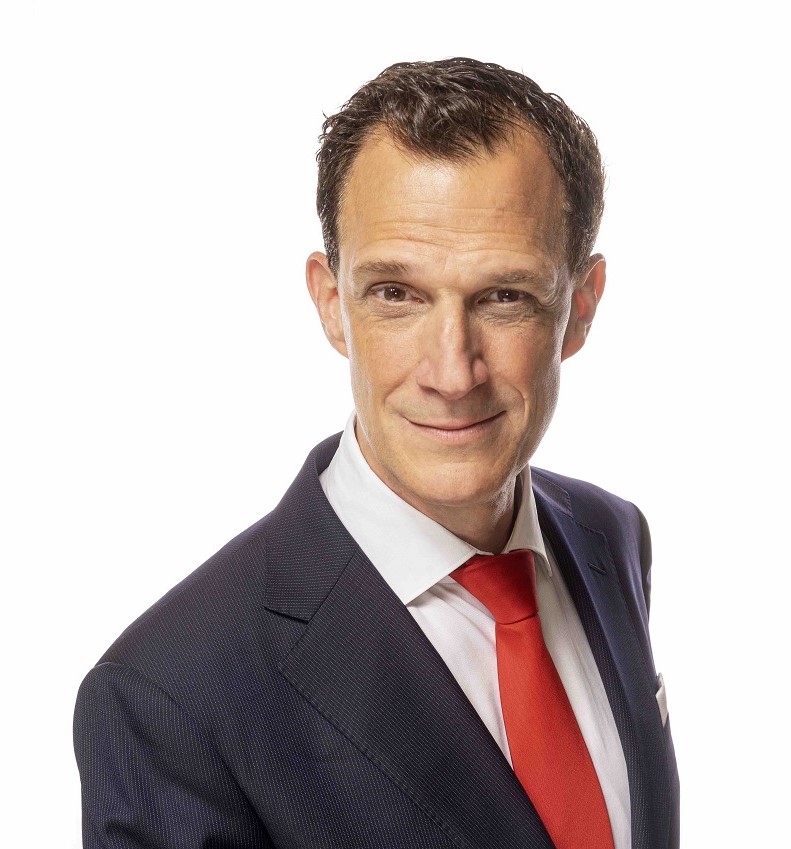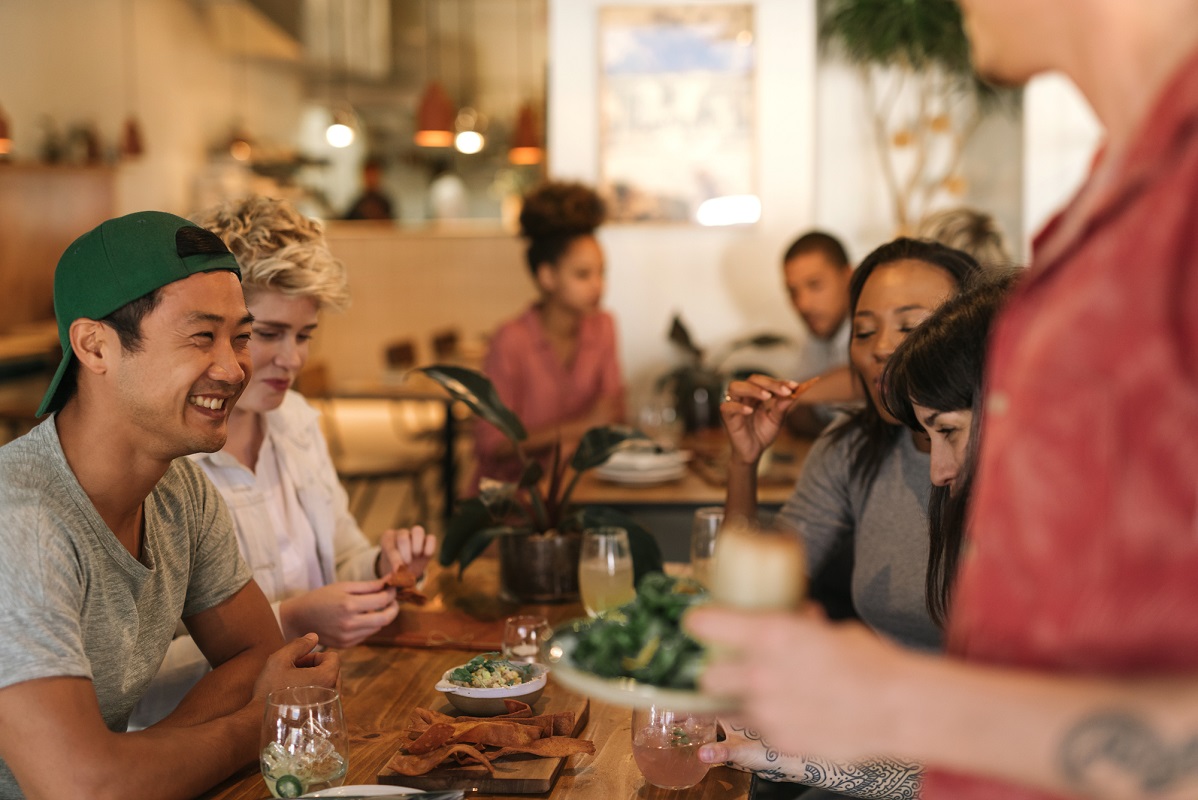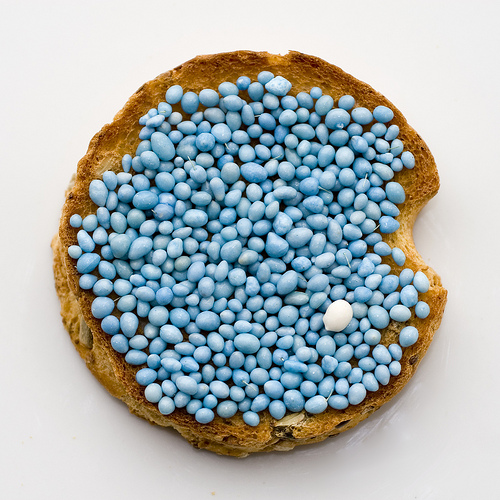Some ailments cannot be cured by a visit to the hospital or the doctor’s. Moreover, some people grow exasperated when they have tried going down the conventional medical route, and experienced no relief from their symptoms. This is when ‘other’ forms of medical treatment and alternative therapies come into play. This page will give a brief description of what’s on offer to expats, and how they can access it in NL.
THE DENTIST
Many expats save their visits to the dentist for when they go back ‘home’. However, dental emergencies cannot be predicted! Therefore, it is a good idea to find yourself a dentist before that tooth ache sets in. There are several ways to do this. You can:
- Consult the ‘gemeentegids‘ (the municipality register). This is an excellent resource for locating a dentist as well as a GP
- Ask your GP. If you have already signed up with a doctor, you can simply ask him or her to recommend you a dentist
- Search online for: ‘Tandartsen’ (dentists) in your locality
- Ask colleagues, friends or neighbors which dentist they use or recommend
Dental Emergencies in NL
If you have an emergency after hours, you can simply call your dentist, as you would your GP. (Evenings, nights and weekends constitute after hours.) You will hear a recording telling you which dentist in your neighborhood is on duty.
 Tip
Tip
Dental care is not covered by ‘basic insurance’ packages in the Netherlands. Children’s dental care, however, is covered until they reach 18 years of age. No premium is due for children’s health insurance.
PHYSICAL THERAPY AND ALTERNATIVE THERAPY
Physical Therapy in NL
You can search for ‘Fysiotherapeuten’ (physical therapy) and all other forms of alternative therapy online. Other kinds of alternative therapy include:
- Manual therapy
- Haptonomy
- Chiropractic treatment
- Cranial-sacral therapy
Alternative Therapy in NL
Alternatively, you could ask your GP for a referral. Here are a few other things it is important to know about alternative therapy:
- Alternative medical care will not be covered by your basic insurance policy
- You have to take out additional insurance to cover alternative medical care
- You should check whether you are taking out a ‘natura’ or a ‘restitutie’ policy
PHYSICAL DISABILITIES
The Netherlands has an excellent record when it comes to assisting individuals with their physical disabilities. If you have a disability yourself, and require specialized help, there are several sources you can contact for assistance. These include:
- The city hall (gemeentehuis). They may be able to assist you with, for example, financing the adaptation of your home to meet your needs
- Other organizations in the Netherlands, such as ‘Thuiszorg‘, can offer you support and relief as well
- Your municipality. They can help cover non-medical expenses, such as assisted living, protected living and occupational activities
- Your insurance company. They may be able to offer you coverage for your disability
 Side Note
Side Note
Dutch Insurance Policies
- If you have a Natura policy, you will need to make use of an (alternative) medical care provider. Your insurance company will have reached an agreement with the provider, and will pay your bills directly.
- If you have a restitutie policy, you are free to select your own medical care provider. You will, however, have to pay your own bills first and request restitution from your insurance company.
 Tip
Tip
Make Sure you are Covered
Do you have an existing insurance policy? Or, are you participating in a collective (company or educational institute) policy? If you are, then make sure you ask your insurance company:
- Whether they cover your personal health costs
- Whether they have a contract with the medical care provider of your choice
Do not forget that your insurance company often requires you to hand in a referral notice from your GP, stating which type of therapy you require, before they are willing to cover the costs.
SEXUAL HEALTH
Here is a list of organisations to contact for various sexual health matters, for which you may require guidance:
- For information on sexual health and birth control, contact the Rutgers organization. They have branches in several larger cities across the Netherlands and an international, English-language website
- Contact SOAAIDS for information on AIDS and STDs
- For more information on the public health program of the Netherlands, including the immunization program for children, visit the RIVM website, and click on English.
MENTAL HEALTH CARE AND ADDICTION
 Don’t forget to ask for a referral notice!
Don’t forget to ask for a referral notice!
Access to Mental Health Care in NL
In the Netherlands, mental health care is available to everyone, including:
- Children
- Young people
- Adults
- The elderly
- Addicts
- Forensic-psychiatric patients
Take a look at our article on ‘Mental Healthcare in NL‘, for more detailed information on this topic.
A Doctor’s Referral
If you are seeking mental health treatment, talk to your GP. They may be able to help you with minor mental health issues. They can also refer you for more specialist treatment, or to a private psychologist or psychiatrist, if necessary.
Help with Addiction in NL
If you, or a loved one, are struggling with addiction, there are several sources of help available to you. These include:
- ‘Ambulant centers’ for alcohol and drugs. The Dutch refer to these as: ‘Consultatiebureau voor Alcohol en Drugs’. Jellinek is an excellent resource, which offers advice and treatment
- Institutions for social work that focus on caring for people with drug problems
- Clinics for treatment, and outpatient clinics with special departments for addicts
- Lievegoed Antroposofische Zorg. This organization has an anthropological basis and provides care for mental health issues, physical disabilities and addictions
- Your GP. You can always ask him or her for more information, or a referral
 Tip
Tip
‘GGZ Nederland’
Another good resource is the ‘Dutch association of Mental Health and Addiction’: GGZ NEDERLAND. They have over 100 member organizations throughout the Netherlands, which offer an extensive variety of mental health services, from assisted independent living to clinical psychiatric and forensic institutional care.
DEATH
When a death occurs in your family, it is best to call your GP to certify it. He or she can also walk you through the steps you will need to take. This is what you should expect:
- Your doctor will advise you to call the embassy or consulate of the country for which the deceased holds a passport
- The embassy will help take care of the formalities their country requires them to cover
- The embassy will also assist you in notifying the deceased’s next of kin
 Useful links
Useful links
DENTAL CARE
SEXUAL HEALTH
- SOAAIDS FOUNDATION (also for STDs)
Keizersgracht 390-394, 1016 GB Amsterdam
Tel.: 020 626 26 69 - Aids Fonds
- RUTGERS INTERNATIONAL
Oudenoord 176-178, 3513 EV Utrecht
Tel.: 030 231 34 31
ADDICTION
- Trimbos Instituut
- ALCOHOLICS ANONYMOUS (AA)
Tel.: 020 625 60 57

Everything you need to know about c ...
As an expat in the Netherlands, there might be a couple of traditions that will ...

The UnDutchables 9.0
Following the legendary previous eight editions of The UnDutchables, the 9th edition of this all ...

Gift giving in the Netherlands-all ...
If you feel like skipping your birthday, you may be in for a challenge when ...

The American Netherlander - 25 Year ...
In 1994, author Greg Shapiro came to the Netherlands. The idea was to spend a ...

How to Meet Locals in Amsterdam
Being far from home in a foreign city or country can be one of the ...

Typical Dutch Festivities
In the Netherlands, the Christmas season is marked by a sequence of typical Dutch festivities ...

Special Occasions the Dutch way
The Dutch love to mark a special occasion. What's more, for each one, they ...

Dutch Customs and Etiquette
The Netherlands has its own unique set of customs. There is an etiquette for how ...